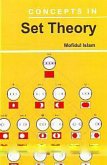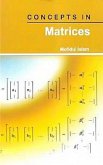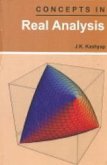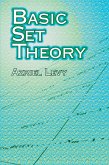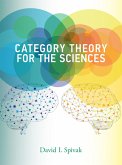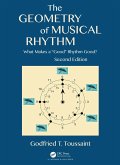Technically, a measure is a function that assigns a non-negative real number or to (certain) subsets of a set X. It must assign 0 to the empty set and be additive, the measure of a "large" subset that can be decomposed into a finite (or countable) number of "smaller" disjoint subsets, is the sum of the measures of the "smaller" subsets. In general, if one wants to associate a consistent size to each subset of a given set while satisfying the other axioms of a measure, one only finds trivial examples like the counting measure. Non-measurable sets in a Euclidean space, on which the Lebesgue measure cannot be defined consistently, are necessarily complicated in the sense of being badly mixed up with their complement. Indeed, their existence is a non-trivial consequence of the axiom of choice. Measure theory was developed in successive stages during the late 19th and early 20th centuries by Émile Borel, Henri Lebesgue, Johann Radon and Maurice Fréchet, among others. The main applications of measures are in the foundations of the Lebesgue integral, in Andrey Kolmogorov's axiomatisation of probability theory and in ergodic theory. The book will be an indispensable source for all professionals, researchers and students in this subject and for anyone working in the related areas for acquiring an up-to-date overviews.
Dieser Download kann aus rechtlichen Gründen nur mit Rechnungsadresse in A, B, BG, CY, CZ, D, DK, EW, E, FIN, F, GR, HR, H, IRL, I, LT, L, LR, M, NL, PL, P, R, S, SLO, SK ausgeliefert werden.



